On Freedom: From Saint Paul to Luther to Lincoln
What has freedom meant across the ages?
Richard Allen HydeJuly 24, 2023
The Marshall Plan at 75: An Act to Promote World Peace
The Marshall Plan exemplified the alignment of values and interests good foreign policy should embody.
Eric PattersonApril 5, 2023
China—As a Chinese Sees It
Why did the CCP grow so strong? George Dsang explains in this Christianity and Crisis article from 75 years ago.
George DsangJuly 6, 2022
Christian Realism and Enlightened Self-Interest as the Marshall Plan Emerged
The economic aid which is required could not be a matter of pure generosity. Nations as nations are incapable of such generosity.
Christianity & Crisis Magazine & Reinhold NiebuhrJune 17, 2022
Free Speech and Healthy Politics
Now what is here symbolized has been the most fundamental idea in our American democracy. Ours is a government by discussion.
Christianity & Crisis MagazineMay 12, 2022
While China’s Peace Settlement Failed and the Communists Rose: A 1947 Assessment
George Marshall’s attempt to create peace between the Chinese nationalists and communists failed. Christian realists in 1947 considered why.
Christianity & Crisis Magazine & Mark MeltonMay 6, 2022
Reports from War-Torn China, 1946
As part of a series of reports from different countries in the fall of 1946, Christianity and Crisis published articles by M. Searle Bates and Henry P. Van Dusen on China. These reveal the situation of Christianity in the country and America’s foreign policy challenge in East Asia.
Christianity & Crisis Magazine & Mark MeltonSeptember 8, 2021
Rethinking the Marshall Plan
Neither active idealism (a massive humanitarian intervention) nor defensive realism (an anticommunist security strategy) quite comes to grips with the Marshall Plan’s rationale. Americans would not have been so committed to spending these large, sacrificial sums except that their own core beliefs, values, and institutions were at risk.
David HeinFebruary 21, 2020
D-Day & the Triumph of Human Being
Today should be a reminder, especially, perhaps, to Christians, that sometimes fights need to be fought. We worship a God who mandated governments to use the sword to deploy violent action, in the last resort and in measures sufficient to win the fight, when nothing but proportionate and discriminate force will protect the innocent, take back what has been unjustly taken, or punish sufficiently grave evil.
Marc LiVeccheJune 6, 2019
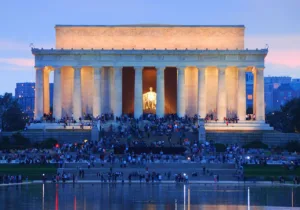
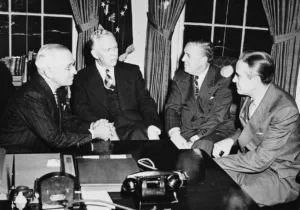


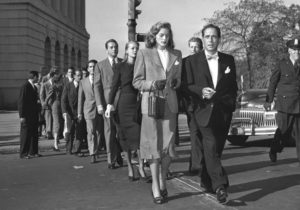
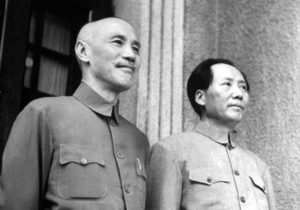

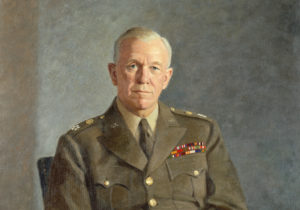
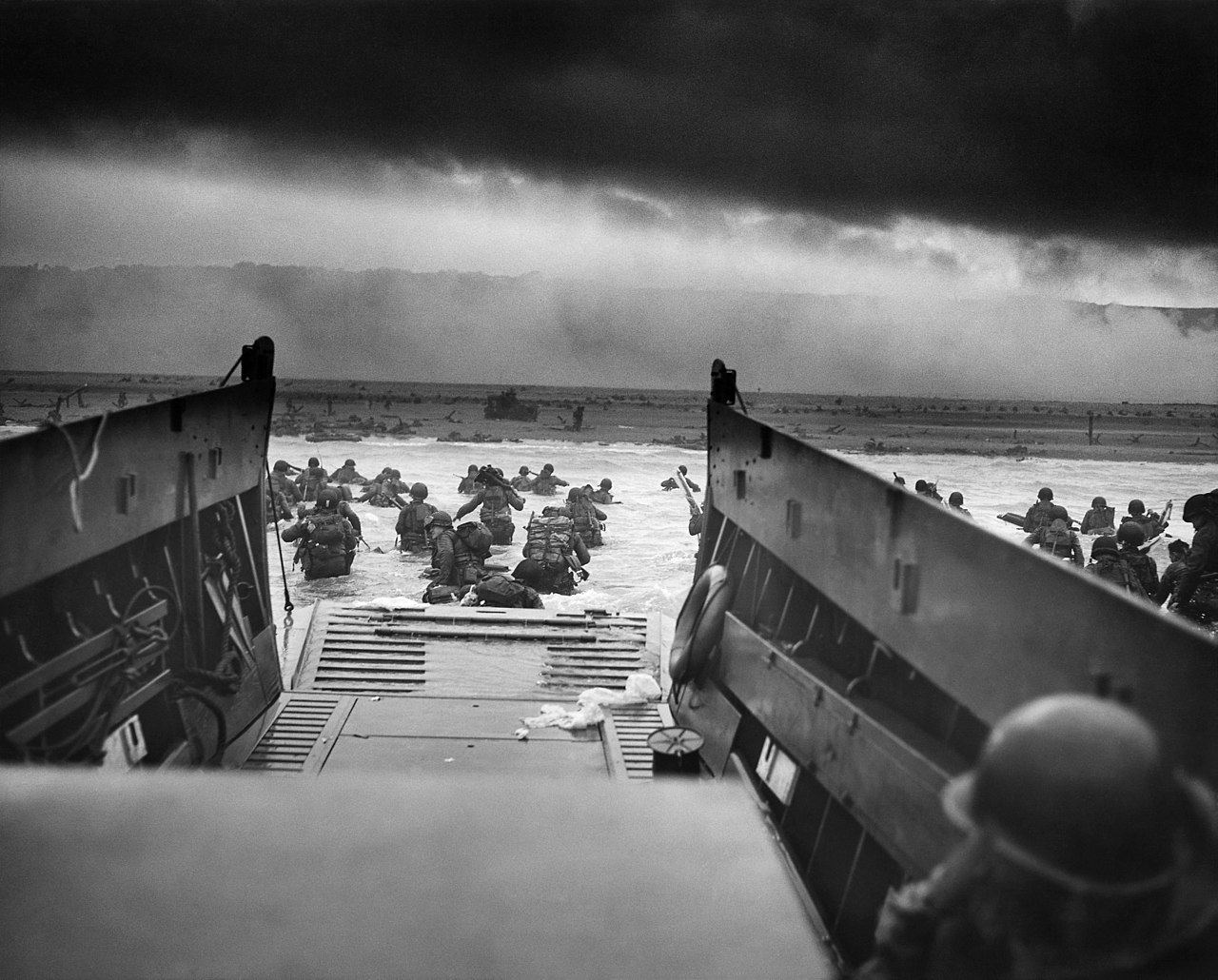

 Sponsor a student for Christianity & National Security 2024
Sponsor a student for Christianity & National Security 2024